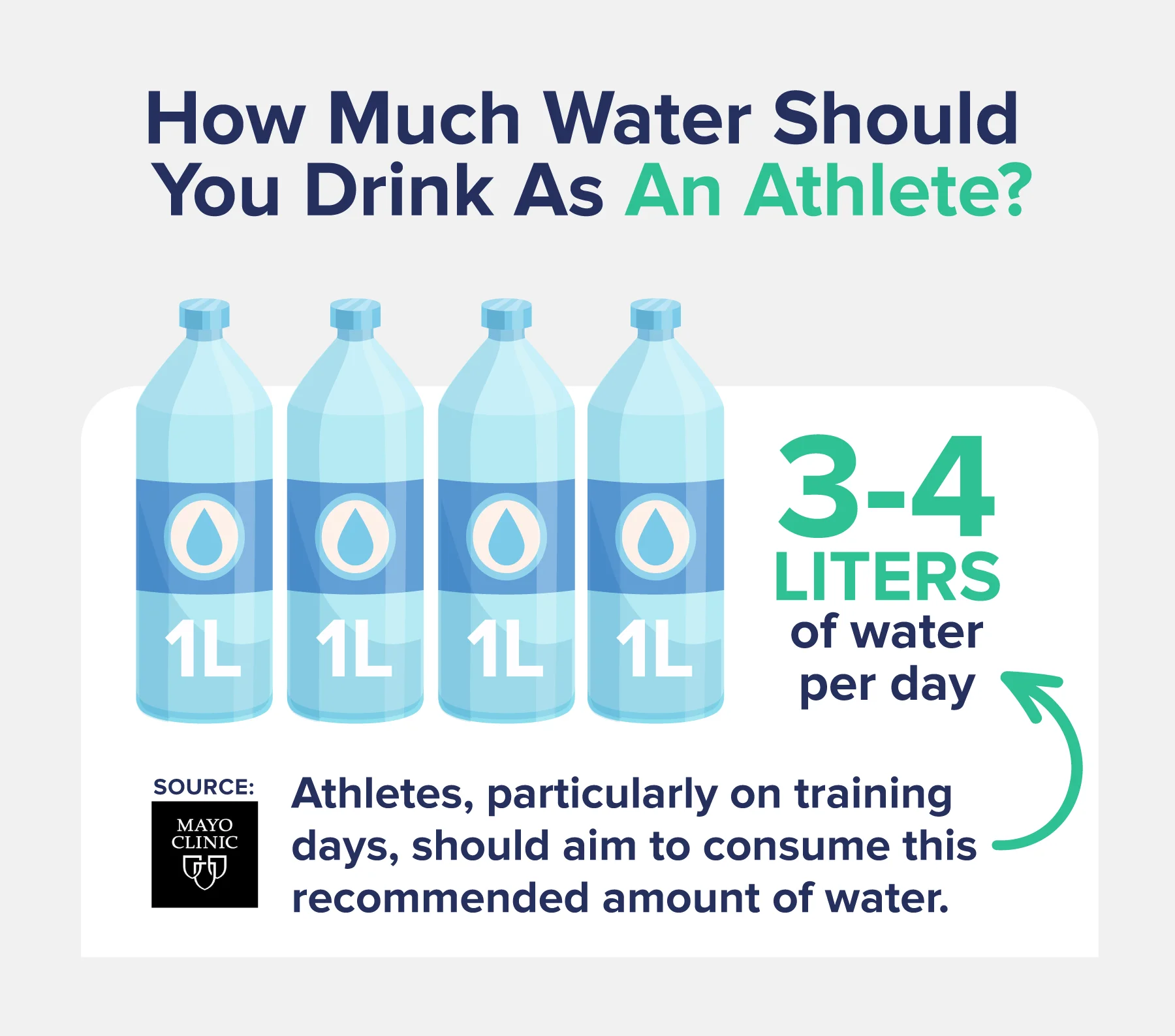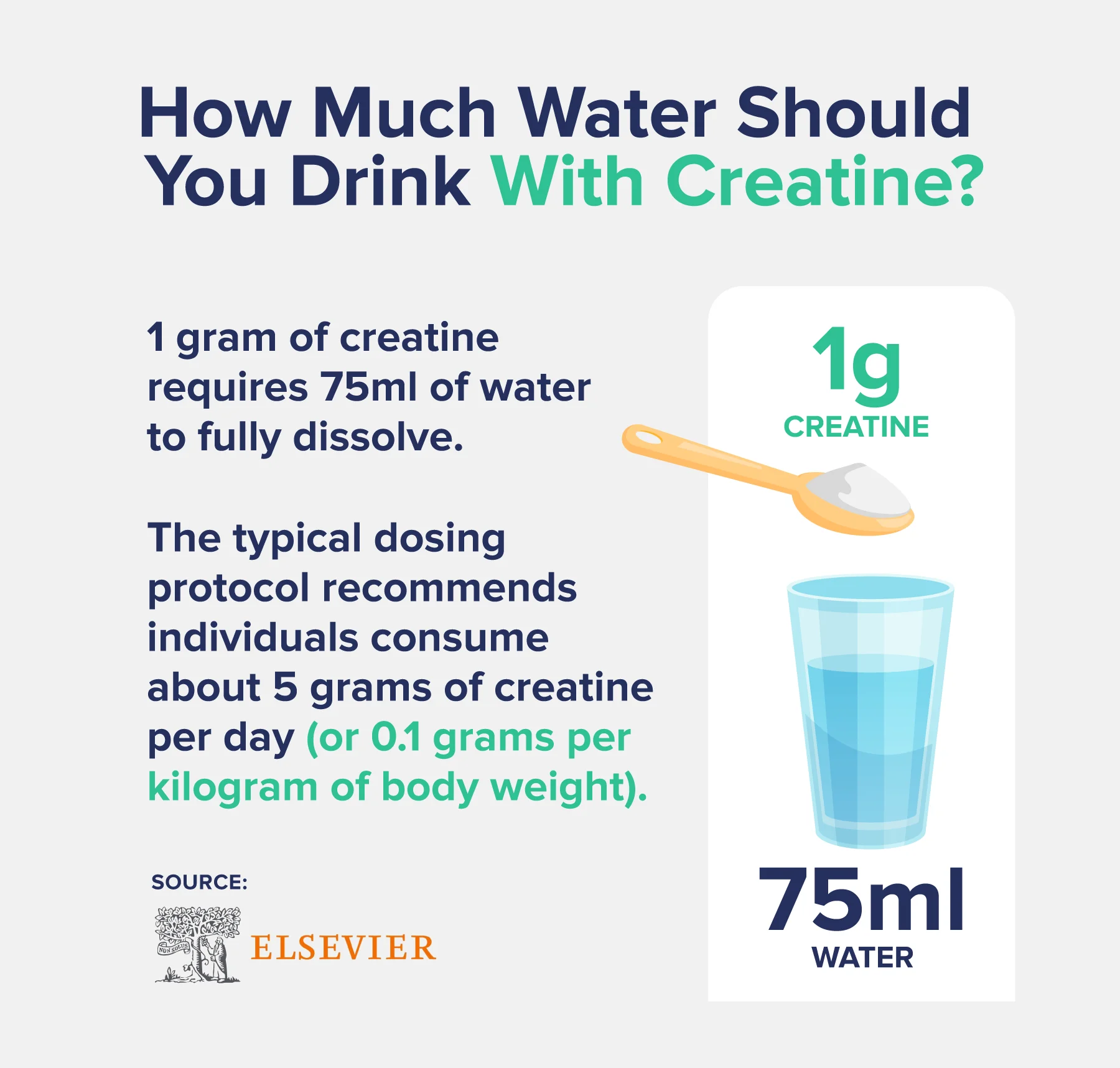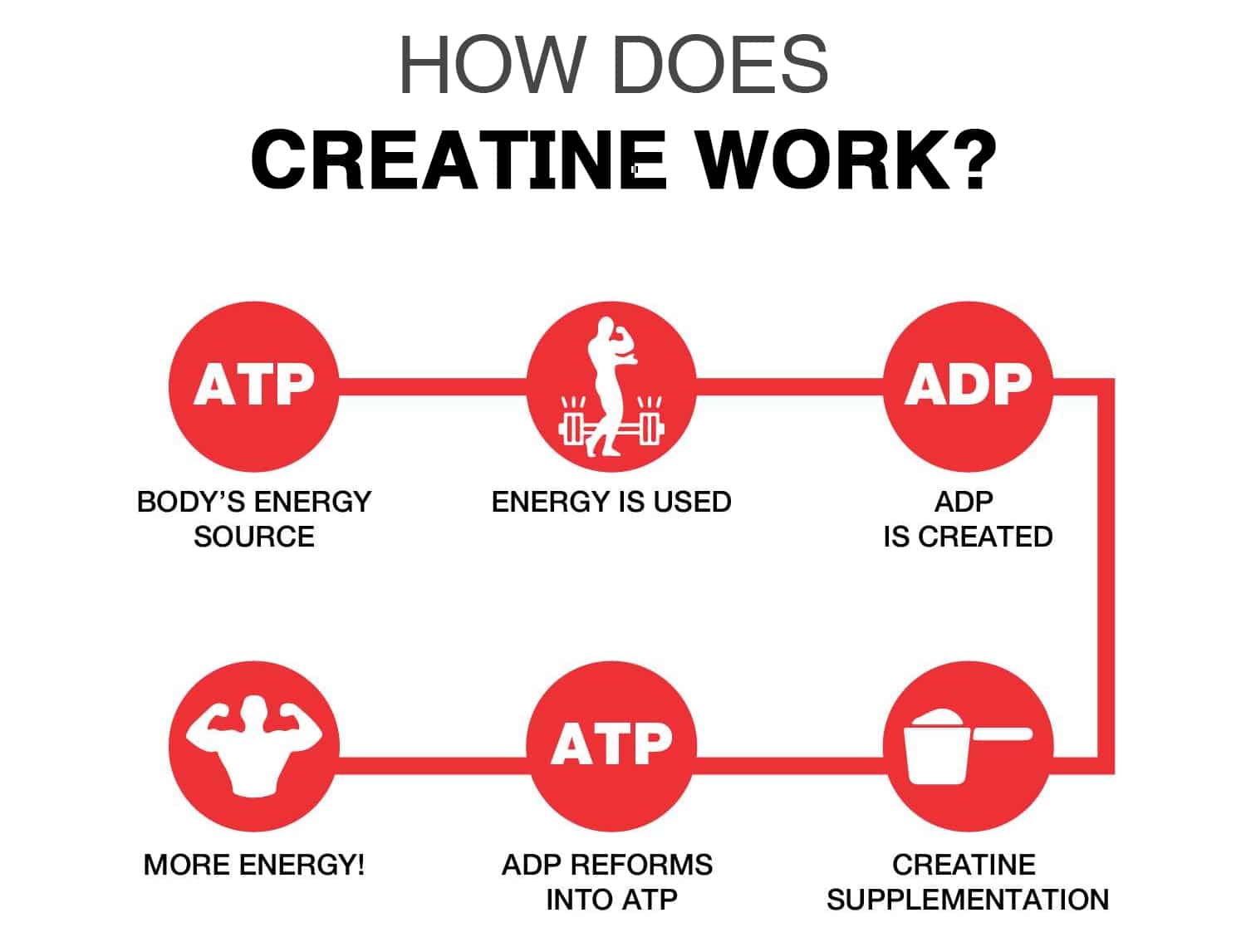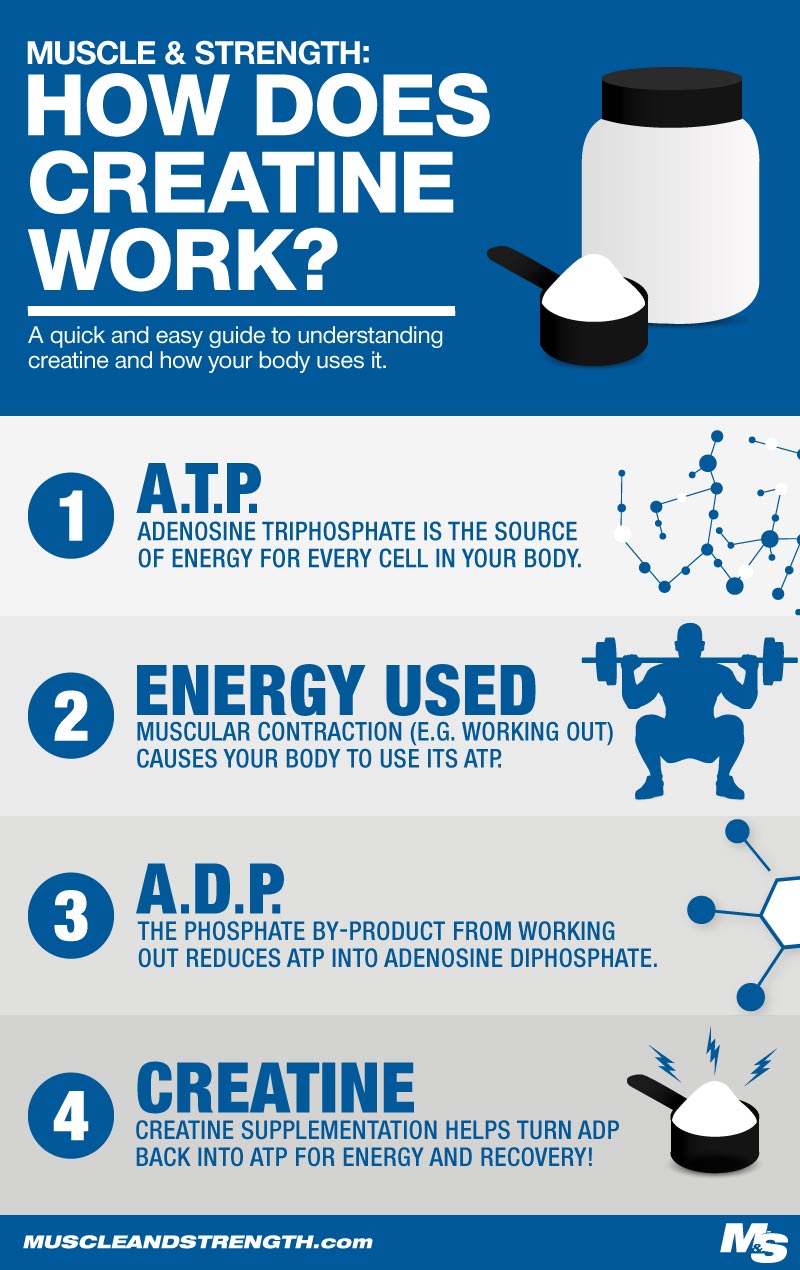How Much Water Should I Drink A Day With Creatine

The supplement creatine is a mainstay in the fitness world, lauded for its ability to boost muscle strength and power. However, along with its performance-enhancing benefits comes a critical question: how much water should you be drinking daily when supplementing with creatine? Dehydration can negate creatine's positive effects and even lead to unpleasant side effects. Getting the hydration balance right is essential for maximizing benefits and minimizing risks.
This article delves into the science-backed recommendations for water intake while using creatine. It addresses the potential risks of dehydration. It also outlines practical strategies for ensuring adequate hydration to optimize your creatine supplementation.
Understanding Creatine and Hydration
Creatine works by increasing the availability of adenosine triphosphate (ATP), the primary energy currency of cells, particularly in muscle tissue. Creatine monohydrate, the most studied form, draws water into muscle cells. This intracellular water retention is part of the mechanism by which creatine increases muscle volume and strength.
However, this water shift means that if you're not drinking enough fluids, your body may pull water from other areas, potentially leading to dehydration. The Academy of Nutrition and Dietetics recommends personalized fluid intake based on individual factors like activity level, climate, and overall health.
Risks of Dehydration with Creatine
Dehydration can manifest in various ways. These include muscle cramps, dizziness, headaches, and even impaired kidney function. When using creatine, these risks are potentially amplified if water intake is insufficient.
The International Society of Sports Nutrition (ISSN) states that creatine is safe for most individuals when used appropriately, but they also emphasize the importance of adequate hydration. Ignoring the increased fluid needs can hinder creatine’s efficacy.
General Hydration Guidelines
While there's no one-size-fits-all answer, a general guideline is to increase your water intake by at least an additional 1 liter (approximately 34 ounces) per day when taking creatine. This is above and beyond the standard recommendations for daily hydration.
The U.S. National Academies of Sciences, Engineering, and Medicine suggest an adequate daily fluid intake of about 15.5 cups (3.7 liters) of fluids a day for men. They also recommend about 11.5 cups (2.7 liters) of fluids a day for women. However, these are baseline recommendations and must be adjusted with creatine use.
Factors Influencing Water Needs
Several factors influence your individual water needs while supplementing with creatine. These include your activity level, the climate you live in, and your individual physiology.
Activity Level: If you're exercising intensely, especially in hot weather, you'll need to drink even more water to replace fluids lost through sweat. Climate: Hot and humid environments will naturally increase your sweat rate, necessitating higher fluid intake. Individual Physiology: Factors such as body weight, metabolism, and existing medical conditions can all affect hydration needs.
Practical Strategies for Staying Hydrated
Making sure you drink enough water can be a challenge, but several strategies can help. Carry a water bottle with you throughout the day as a visual reminder. Set reminders on your phone to drink water at regular intervals.
Consume water-rich foods like fruits and vegetables, such as watermelon and cucumbers. Pay attention to the color of your urine; pale yellow typically indicates good hydration, while darker urine suggests dehydration.
Creatine Loading and Hydration
The creatine loading phase, where a higher dose of creatine (typically 20 grams per day) is taken for the first 5-7 days, may further increase water retention. During this phase, meticulous hydration is even more crucial.
Many experts recommend distributing creatine doses throughout the day to minimize any potential digestive discomfort. Drink a large glass of water with each dose.
Expert Opinions and Studies
Numerous studies have investigated the effects of creatine supplementation on hydration. A review published in the Journal of the International Society of Sports Nutrition concluded that creatine supplementation does not typically cause dehydration in healthy individuals when used as directed and with adequate fluid intake.
Registered dietitians and sports medicine professionals often advise their clients to monitor their hydration status closely when starting creatine supplementation. Consulting with a healthcare professional is always recommended, especially for individuals with pre-existing kidney conditions.
Beyond Water: Electrolytes
While water is paramount, electrolytes also play a crucial role in hydration. Electrolytes like sodium, potassium, and magnesium are lost through sweat.
Consider consuming electrolyte-rich beverages, especially during intense workouts. Sports drinks or electrolyte tablets can help replenish these lost minerals and maintain fluid balance.
Monitoring Hydration Levels
Regularly monitor your hydration levels to ensure you're drinking enough water. Pay attention to thirst cues, urine color, and any symptoms of dehydration.
Simple at-home tests, such as skin turgor tests, can also provide clues about hydration status. If you experience persistent symptoms of dehydration, seek medical advice.
Conclusion: Balancing Creatine and Hydration
Supplementing with creatine can be a powerful tool for enhancing athletic performance. Maintaining adequate hydration is essential for reaping its benefits and minimizing potential risks. By understanding the interplay between creatine and water balance, and by implementing proactive hydration strategies, you can optimize your creatine supplementation and support your overall health and well-being.


![How Much Water Should I Drink A Day With Creatine How Much Water To Drink With Creatine? [All You Need To Know] | Dr Workout](https://www.drworkout.fitness/wp-content/uploads/2022/04/How-Much-Water-Should-You-Drink-With-3-Grams-Of-Creatine.jpg)















